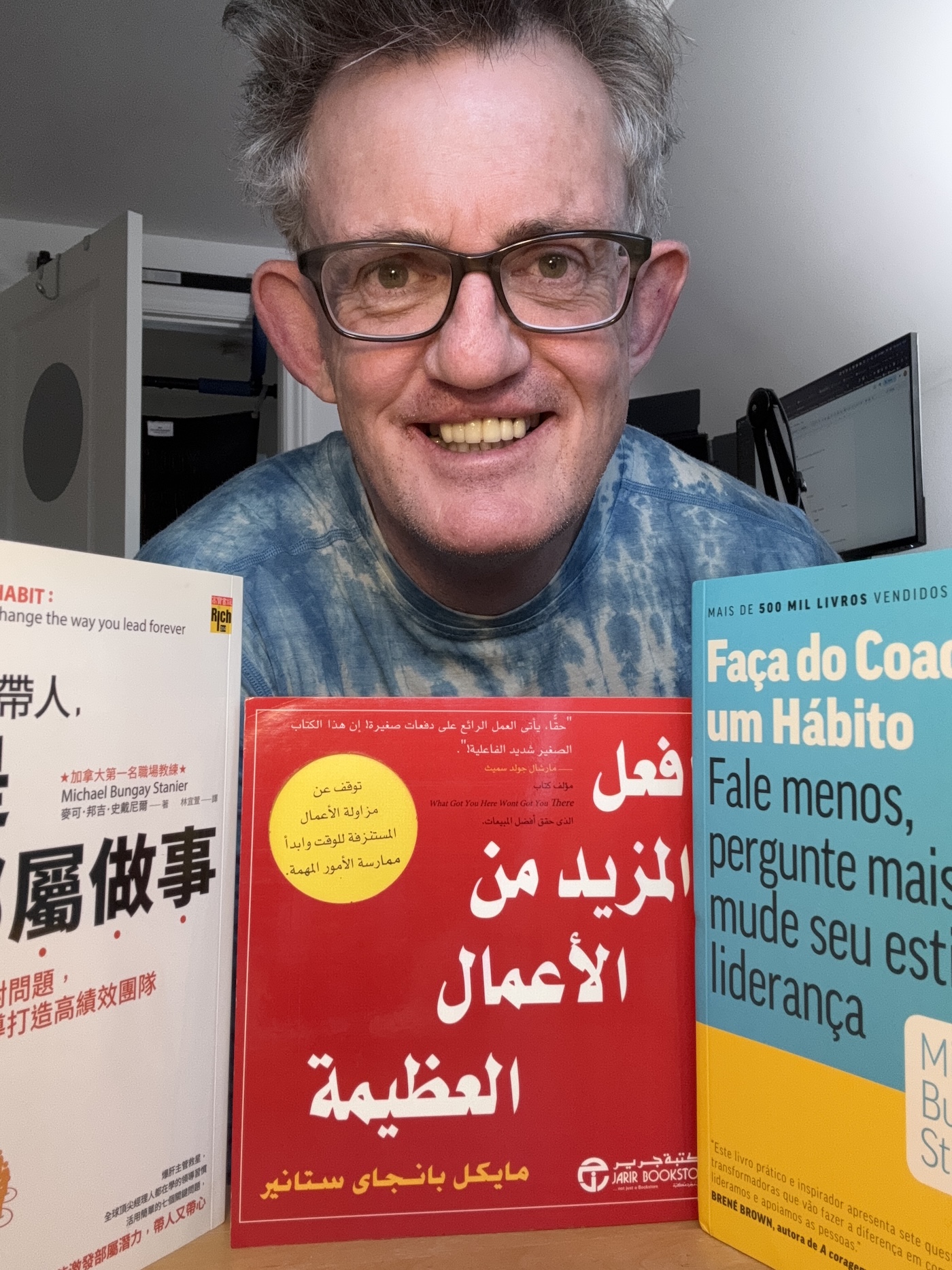Some foreign language love
Three paradoxes about writing a book
I’m into writing books.
(If you are too, check out the offer in the “one last thing” section.)
You may have noticed.
I’ve published five books over the last nine years—my genres are business and self-help—and roughly one per year since 2020.
So can you guess my most common response to someone telling me, “I want to write a book!”?
Full marks if you guess, “Hmmmm … are you sure?”
Because writing a book is a TERRIBLE idea, unless it’s not.
Here are three truths I’ve noticed about writing a book (and these are mostly about “educative non-fiction”).
No one will read your book, but it might be still worth doing
How are you defining a successful book? The answer to that question is everything.
If it’s “sell more than 5,000 copies” … then the odds are against you. Here’s some sobering reading summarized by Seth.
And, more cold water, getting people to buy books is easier than getting people to read the damn things.
But here are other ways of defining success.
I want to have a book with my name on the cover. That will be significant and important to me.
I want to get my book in the hands of my 100 (or 1000 or 10,000) best prospective customers, because a few good sales of my “back end” will justify everything. (It’s made all the difference for the success of Box of Crayons, for instance.)
I want to change the world, writing is the best way I express my ideas, and a book just might find its mark.
I know for every book I’ve written, I’ve got to a point where I realize: this is just worth doing for the sake of the project and my body of work.
Expand your thinking and write the shortest book possible
My first drafts don’t look much like my final drafts.
And wow, in so many ways I wish they did. That would make this whole thing SO much faster and easier.
But wow, I’m glad they don’t, because figuring out what I really think about a topic is part of the point. The real book emerges as you write what you thought was your book, but isn’t.
But even as you’re expanding and deepening your thinking, remember this:
Write the shortest book you can.
Which doesn’t mean it’s a short book. Just that it’s been edited.
And any great writer will tell you, good writing is really just great editing and relentless rewriting.
(Shout out to Kendra, my Page Two editor!)
A book shouldn’t just be about the words on the page
I really believe that one reason for my books’ success is the experience of reading them.
The Coaching Habit, in particular, broke the mould of the traditional business book. It was short. It was beautiful. There was a lot of white space. It was not intimidating.
Too many books are intimidating.
Now more than ever, you want to build an experience with your book.
Think of it not as an ending, but more as a beginning, a portal into further conversation and discovery.
Your book can be a node on a network, a threshold inviting an adventure, an interactive piece of art.
If you’re just making it blocks of text, I suspect you’re missing a trick.
Want The Works in your inbox? Sign up (free) here

